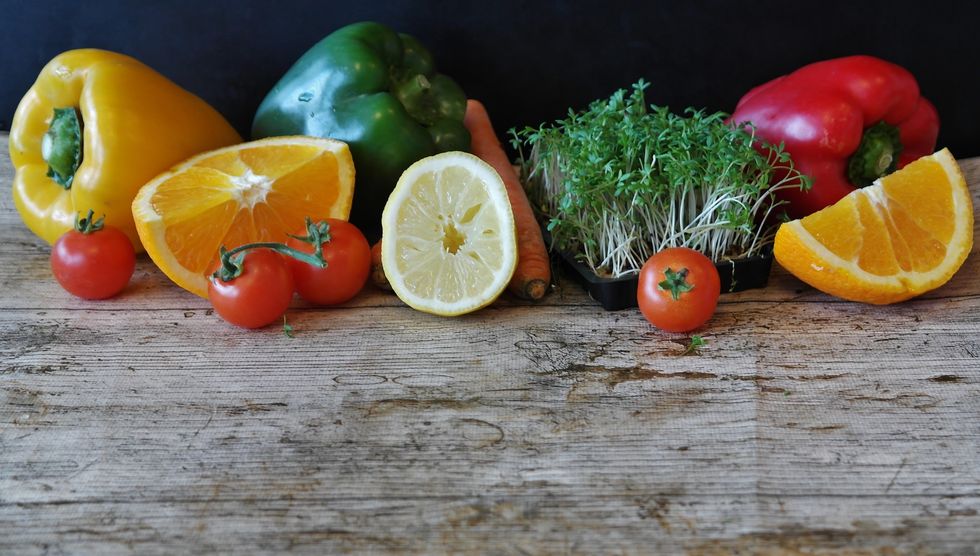As our Earth continues to warm, it is important for each individual to take measures to reduce the impact of our carbon footprint. Below are six simple ways you can contribute to a cleaner and healthier society.
1. Shop with reusable bags
Over 91% of plastic never ends up being recycled. One way to minimize plastic consumption is to bring in our own shopping totes. Stores like Target, Whole Foods, and Trader Joe's offer a discount for bringing in your own reusable bags when you shop with them.
You can find reusable bags at most stores by the checkout aisles. You can also use these small reusable bags when shopping for for produce at the grocery store.
2. Shop locally
Produce will never come as flavorful as the ones that come picked freshly out of the ground. When we shop locally, we are not only supporting our own neighbors, but we also reduce our environmental impact when we buy a good that has had to travel far less than goods that travel great distances.
3. Embrace natural lighting
Open your curtains and allow the sunlight to seep instead of using lamps during the daytime. You’ll not only save on your electricity bill, but you’ll feel your home becoming more open and inviting.
4. Utilize water bottles and travel mugs
Water bottles are an easy way to not only reduce plastic consumption, but carrying one around with you will remind you to stay hydrated. If you’re a big hot drink fan, coffee shops like Starbucks offer a discount for bringing your own reusable cup.
5. Buy more organic foods
Organically-grown food is known to use less resources than traditionallu processed food. Conventional farming uses unnatural farming practices, such as the use of chemicals and pesticides. When you eat organic foods, you are eating foods that have been naturally grown.
6. Eat more veggies and less meat
Not only does animal production require many resources such as energy, water, and transportation, but animal manure produced from these meat farms often pollute drinking water with nitrate.
Adding more vegetables and less meat to your diet can reduce the risk of cardiovascular disease and other illnesses, as it contains more fiber and less saturated fat. You can find alternative sources of protein in many plant options such as quinoa, chia seeds, and lentils.
















